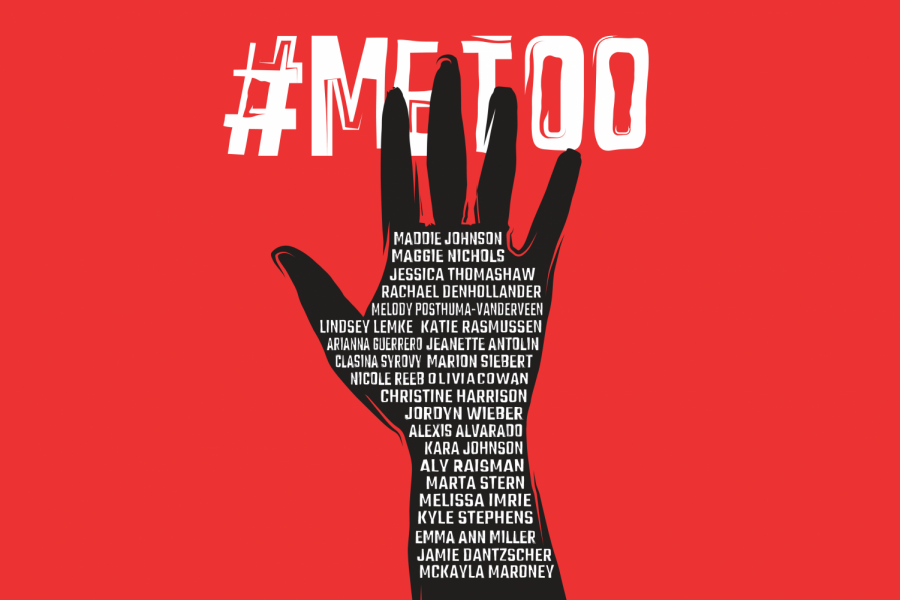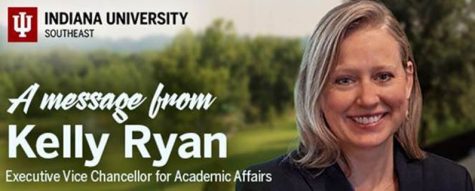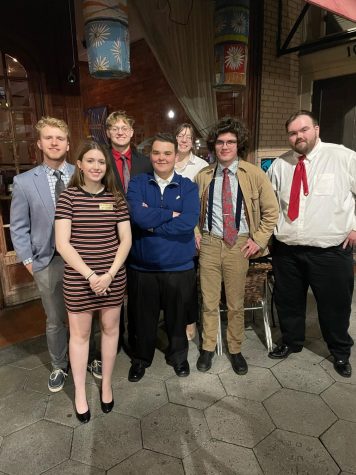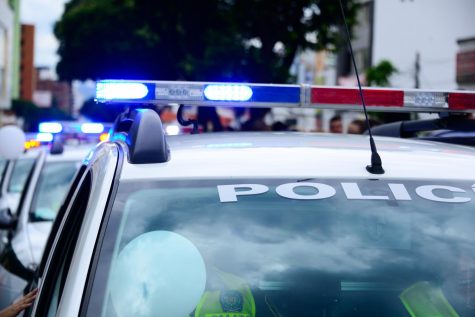Moving Toward a Better Tomorrow
The #MeToo movement chases toward a future of equality
Photo Illustration by Louis Herlihy.
“I’ve just signed your death warrant,” Judge Rosemarie Aquilina said to Larry Nassar, the now ex-Team USA doctor who plead guilty to sexually abusing his patients.
Those powerful words are being said during a powerful time in history, as woman all across the world stand up united as they fight for those who have been sexually abused.
A Movement in the Making
The movement Me Too, has been spreading across the U.S. since 2006. Tarana Burke, civil rights activist, began the movement to help sexual assault survivors find a place of healing. Me Too allows survivors a way to begin the conversation about a sensitive issue.
Members of the movement are encouraged to share their stories to empower those who are suffering.
The movement took off on Oct. 15, when actress Alyssa Milano sent out a tweet that featured a note that read, “Suggested by a friend: If all the woman who have been sexual harassed or assaulted wrote ‘Me Too’ as a status, we might give people a sense of magnitude of the problem.”
Milano quotes the note by adding, “If you’ve been sexually harassed or assaulted write ‘me too’ as a reply to this tweet.”
Moments later, millions of tweets were being sent out by people all over the world who shared their own experiences.
Meghan Kahn, associate professor of psychology and neuroscience, is a former member of the IU Southeast Women’s and Gender Study Committee.
Kahn explains her own experiences with sexual harassment during her life including during her career when male colleagues would look at her differently because she was female.
She recalls a time when a male faculty member made a comment that Kahn should be the one to clean the lab coats because she is a woman.
“I think the Me Too movement makes a lot of people uncomfortable,” Kahn said.
Kahn pushes the idea that everyone experiences sexual harassment, whether they admit it or not. It is important to know that anyone can be sexually harassed no matter their demographic, clothing or behavior.
“People think ‘oh I won’t be sexually assaulted because I won’t wear trashy clothes, or go to that club or date that guy’ … and that I think is all a big lie,” Kahn said.
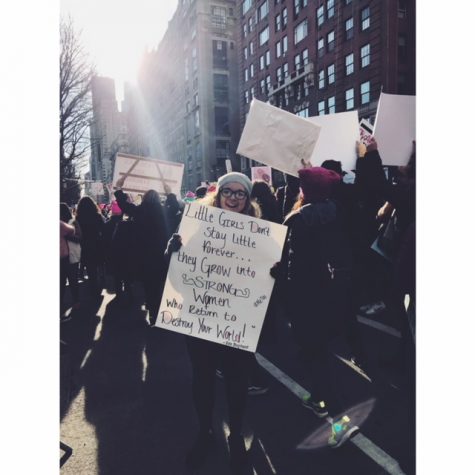
The Marches
The movement struck a peak during the 2016 Presidential election.
Remarks made by now-President Trump such as, “grab ‘em by the pussy,” began controversy in the media. Thousands of people began using the hashtag as a way to express their grievances with the then-presidential candidate.
Events like this led to Facebook groups forming and demanding for change. These groups would form the now annual Women’s Marches across the country.
On Jan. 21, 2017, the first Women’s March was setup in Washington D.C., the day after President Trump’s inauguration. Thousands of people lined Capitol Hill in support of change.
Hundreds of marches were also conducted throughout the country.
Taylor Richardson, Public Relations and Social Media Strategist, moved from Jeffersonville to New York City in 2017. She participated in the 2018 Women’s March in NYC.
The march began down Central Park West where thousands marched nearly 30 blocks holding signs reading things such as, “I’m with her,” and “Girls just wanna have fundamental rights.”
The purpose of the march is to show problems focused on inequality, not only for woman, but for other demographics as well.
“It’s incredibly inspiring to be amongst thousands of people with one common goal,” Richardson said. “You’re instantly sparking conversations with people you’ve never met and possibly will never see again, but you’re sharing this moment with them, and you’re hearing why they’re there. It’s a great feeling.”
#TimesUp
The hashtags #Time’s Up is an organization that is fighting for equality among people in the workplace.
People who want to join the movement are asked to sign the Letter of Solidarity by donating money to the Time’s Up Legal Defense Fund which provides funds to individuals who are facing harassment and abuse in the workplace.
“As we watch the Time’s Up movement unfold, we’re seeing men’s power hungry and fragile egos come out and we’re reminded that as far as we may have come, there is still much farther to go,” said Richardson.
The red carpet at the Golden Globes was lined with actors and actresses sporting outfits of all black in honor of victims of sexual harassment and assault.
Actress Reese Witherspoon encouraged her Instagram followers to wear all black no matter what they were doing that day. Her post read, “This year, this look means so much more. Standing in solidarity. #WhyWeWearBlack #TimesUp.”
The question “who are you wearing?” quickly changed to “why are you wearing?” as reporters asked celebrities their own personal stories and why they are standing up for others.
While accepting her Cecil B. DeMille award, Oprah Winfrey, used her time to highlight the movement.
“So I want all the girls watching here and now to know, that a new day is on the horizon … to take us to a time where nobody has to say ‘me too’ again,” Winfrey said.
A Future
A future of equality can be seen on the horizon due to the activism being shown across the country.
“I’m hopeful it’ll progress into change, and part of the reason that I feel like maybe that’s the case is because you finally do see men being held accountable in a way that they weren’t for years … it definitely makes me hopeful that people take it seriously,” Kahn said.
For now, everyone will wait until a change is seen.

